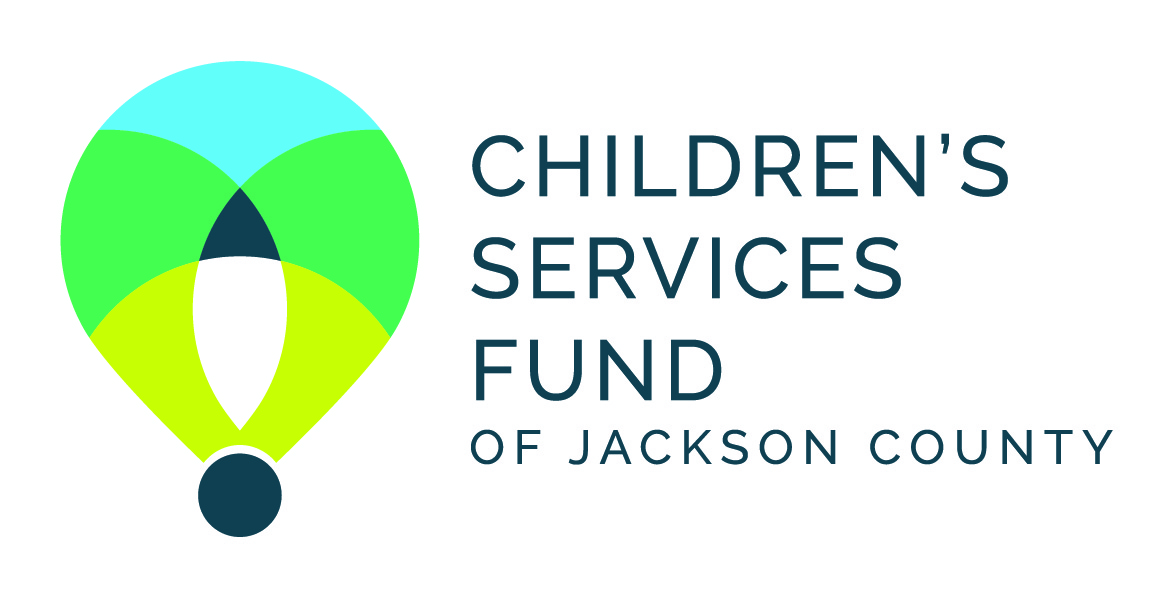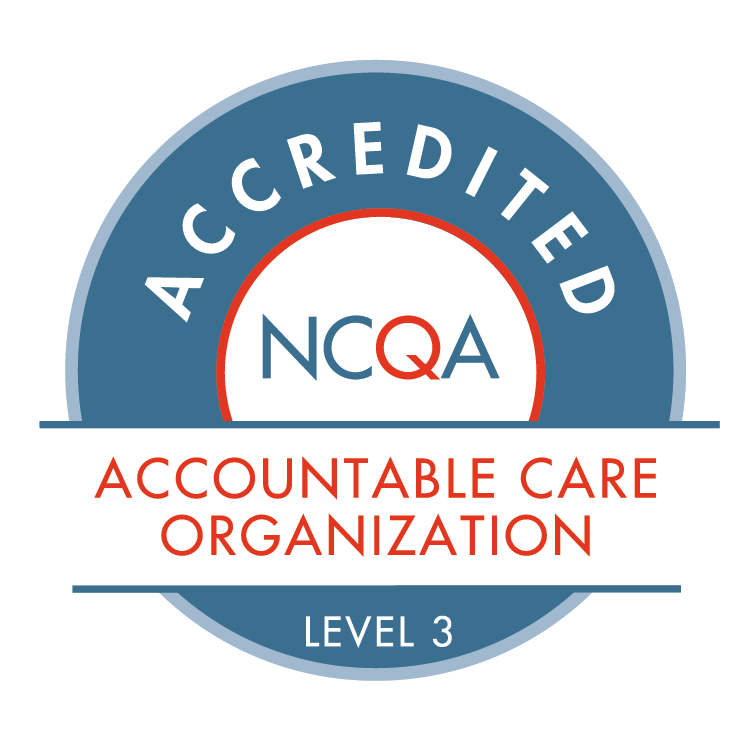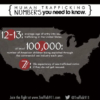Hidden in Plain Sight

Russ Tuttle, president and founder of the Stop Trafficking Project, is also the director for “Be Alert” program, which educates and empowers students and guides adults from awareness to action. He is also leading a series of programs for healthcare workers at Swope Health.
Kansas City has a problem, but it is one you might not have heard about. Russ Tuttle wants to change that.
The problem is sex trafficking of minors. It happens when vulnerable children are exploited for sexual abuse, typically by an adult posing as a caregiver, protector or trusted friend offering acceptance or support.
Russ, president and founder of a not-for-profit organization called the Stop Trafficking Project, works every day to spread information about the issue in Kansas City. He is delivering a series of programs to caregivers at Swope Health, helping caseworkers and other healthcare professionals learn about the problem and how to intervene.
“As a healthcare provider, Swope Health is a ‘mandatory reporter’,” said Sabrina Holliman, Compliance Officer. “That means associates are obligated to report any concerns of abuse and neglect.”
“We train our associates that if they have suspicions of abuse, even if they’re not sure, it’s better to report it and do so quickly,” she said.
Human Trafficking Hotline
Associates report suspected abuse using an incident report form or calling the Human Trafficking Hotline, which coordinates with the appropriate law enforcement agency. An additional report goes to the Missouri Department of Mental Health, if the patient is under the care of the Behavioral Health department.
Swope Health also has recently added posters in all restrooms with information about human trafficking. They include important phone numbers for victims to call for help.
“We want our patients to feel safe in coming to us,” she said. “We care and we can help.”
The National Center for Missing and Exploited Children reports that at least 100,000 U.S. children are exploited in prostitution every year. According to the National Human Trafficking Hotline, 72 cases of human trafficking were reported in 2018 in Missouri, the latest report available. Of those, 53 were sex trafficking cases.
“There are sex sellers willing to sell kids because there are sex buyers for those kids,” Russ said, noting the problem may be larger than the numbers indicate.
Law enforcement officials know that demand drives sex trafficking, Russ said.
 Some evidence:
Some evidence:
- In 2009, a law enforcement sting operation in Kansas City advertised young girls for sex and drew more than 500 calls in the first 24 hours.
- Children’s Mercy Hospital ranks in the top 5 percent in the volume of sexual assault victims seen each year in the U.S.
- The Arizona State University’s Sex Trafficking Intervention and Research Center, which serves as a national source for research and intervention training, in a 2013 study estimated that 14.5 percent of the male population in the Kansas City region age 18 or older participated in online shopping for sex.
If you suspect a child is being abused, please take action:
- The National Human Trafficking Hotline: 1-888-373-7888
- Text “Help” or “Info” to the number 233733 (BeFree)
- The CyberTipline: https://report.cybertip.org/ to report child sexual exploitation.
- 1-800-THE-LOST (1-800-843-5678) hotline operated by the National Center for Missing & Exploited Children
To learn more about the issue of sex trafficking of minors:
- Request a Be Alert program for your organization.
- See the National Center for Missing & Exploited Children on the issue of Child Sex Trafficking
- Visit Sex Trafficking Intervention Research Center, University of Arizona: includes resources and training materials for parents and teens
In our next blog: Learn more about how vulnerable children are exploited by sex traffickers and what you can do to help prevent abuse.

 Some evidence:
Some evidence:









Leave a Reply
Want to join the discussion?Feel free to contribute!